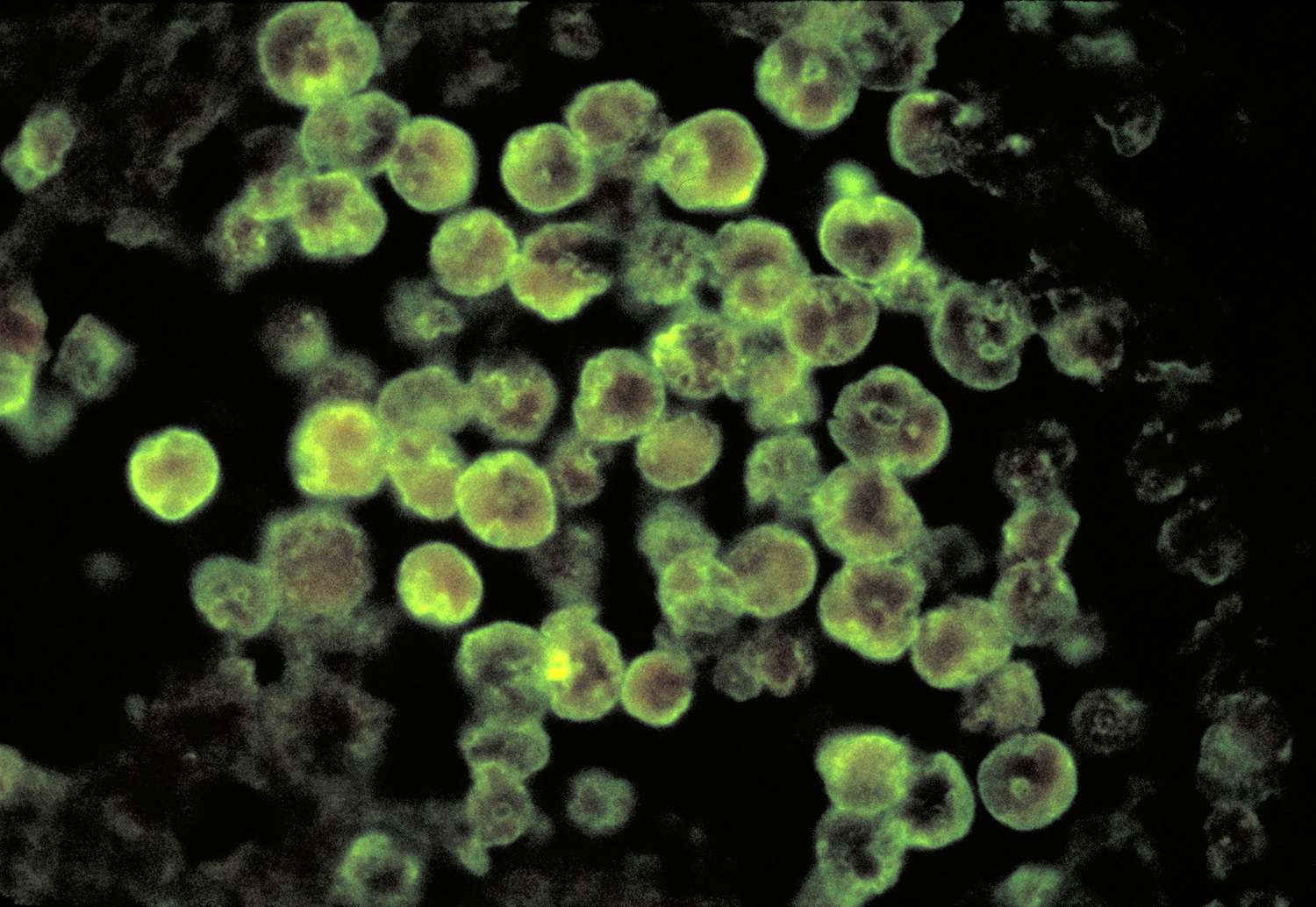
Texas Gov. Greg Abbott issued a disaster declaration over the weekend after it was determined that brain-eating amoeba had been detected in a local water supply.
In the declaration, which was signed Sunday, Abbott certified that Naegleria fowleri “was identified in three of 11 tests” in the water distribution system in Brazoria County, “posing an imminent threat to public health and safety, including loss of life.”
Officials in Lake Jackson, which is located in Brazoria County, issued a similar declaration the previous day, after test results confirmed that Naegleria fowleri, "a rare and often fatal" amoeba had been found in three water samples.
Naegleria fowleri is most commonly found in freshwater — such as lakes and rivers — and soil, according to the Centers for Disease and Control Prevention. It typically infects people when contaminated water enters the body through the nose.
Lake Jackson was first contacted by local health officials on Sept. 8, after learning that a 6-year-old boy had been hospitalized with the rare brain-eating amoeba, the city said in a previous press release.
After being diagnosed, his family was able to narrow down possible exposure sources, one of which was the Lake Jackson Civic Center Splash Pad, while the other was a house lawn hose. Although initial test results did not indicate the presence of Naegleria fowleri, on Sept. 25, a second round of tests came back as positive.
The child died on Sept. 8 at Texas Children's Hospital in Houston, his mother told NBC News. A hospital spokeswoman confirmed the child's death to the outlet without discussing further details.
Although the Texas Commission on Environmental Quality initially issued a Do Not Use Water Advisory to all residents served by the Brazosport Water Authority, the advisory has since been lifted in all locations — although a Boil Water Notice remains in effect for Lake Jackson, which has a population of approximately 27,000.
In addition to the boil advisory, which was issued late on Saturday, officials have also begun a “chlorine conversion process,” which will flush the entire water system, helping “rid distribution pipes of organic matter” and improve overall water quality, according to a press release.
The boil notice will remain in place until the flushing and disinfection process is complete, which could last for as long as 60 days.
Additionally, the city will also be implementing part of its Drought Contingency Plan, and is “asking all city water customers to reduce outdoor water usage so that all available water resources an be devoted to flushing the system."
According to the CDC, Naegleria fowleri infections are rare, and most are fatal. Initial symptoms include fever, nausea, vomiting, while later symptoms that occur before death include seizures, hallucinations, and coma.
Between 1962 and 2018, 145 people were infected with Naegleria fowleri, and only four survived, the CDC said.
Source: Read Full Article
